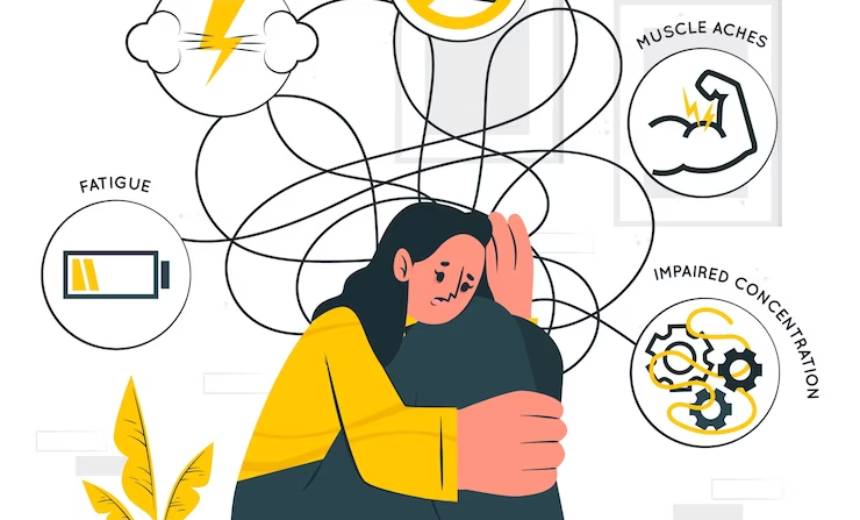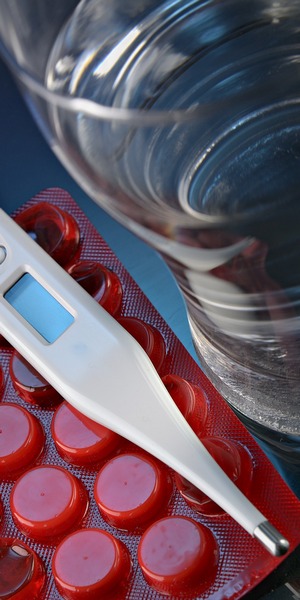Nosebleeds and Headaches: Understanding the Symptoms

In the realm of health and well-being, understanding the dynamics between common ailments like migraines, nosebleeds, and headaches is crucial. This comprehensive article delves deep into the intricate web connecting these issues, providing you with valuable insights and actionable information. Get ready to explore the world of nosebleeds and headaches, with a focus on their connection and practical solutions.
Unraveling the Causes of Nosebleeds and Headaches
Nosebleeds – The Basics
Nosebleeds, also known as epistaxis, can be quite unsettling. They often occur when the blood vessels in the nose rupture, resulting in bleeding. Common causes include dry air, nasal injuries, and blood-thinning medications.
Headaches – Types and Triggers
Headaches come in various forms, including tension headaches, cluster headaches, and migraines. Stress, dehydration, poor sleep, and certain foods can trigger these painful episodes.
The Connection Between Nosebleeds and Headaches
Shared Causes
Interestingly, nosebleeds and headaches share some common causes. For instance, environmental factors like dry air can trigger both nosebleeds and headaches. Dehydration is another culprit, affecting blood flow and potentially leading to both issues.
Migraines – A Deeper Dive
Migraines, a specific type of headache, deserve special attention. They are often accompanied by various symptoms, including nausea, sensitivity to light, and, surprisingly, nosebleeds in some cases. While not everyone with migraines experiences nosebleeds, it’s essential to recognize this potential connection.
Coping with Nosebleeds and Headaches
Preventative Measures
To reduce the occurrence of nosebleeds and headaches, consider maintaining indoor humidity, staying hydrated, and managing stress. These simple lifestyle changes can make a significant difference.
Remedies and Relief
When nosebleeds or headaches strike, knowing how to alleviate discomfort is crucial. For nosebleeds, leaning forward and pinching the nostrils can help stop the bleeding. Headache relief might involve relaxation techniques, over-the-counter pain relievers, or prescribed medications, depending on the type and severity.
Annual Check-Ups and Seeking Medical Advice
The Importance of Annual Check-Ups
One proactive step you can take in maintaining your health is to schedule annual check-ups. These routine examinations can help identify underlying issues with your blood vessels and overall health. By detecting problems early, you can often prevent more severe complications down the road.
Consulting a Doctor
If you frequently experience nosebleeds and headaches, especially if they worsen or become debilitating, it’s crucial to consult a healthcare professional. These symptoms could be indicative of an underlying medical condition that requires specialized treatment.
Lifestyle Adjustments for a Healthier You
- Diet and Hydration. Your daily habits play a significant role in preventing nosebleeds and headaches. A balanced diet rich in fruits, vegetables, and whole grains can support overall health. Staying properly hydrated ensures that your blood vessels function optimally, reducing the risk of nosebleeds;
- Stress Management. Stress is a common trigger for both nosebleeds and headaches. Incorporating stress management techniques into your daily routine, such as deep breathing exercises, meditation, or yoga, can make a considerable difference in reducing the frequency and severity of these issues;
- Sleep Hygiene. A good night’s sleep is essential for your well-being. Establish a consistent sleep schedule and create a relaxing bedtime routine to improve your sleep quality. Adequate rest can help prevent tension headaches and reduce the likelihood of nosebleeds.
Conclusion
Maintaining optimal health involves understanding the interconnectedness of various symptoms and conditions like nosebleeds and headaches. While these issues can be bothersome and sometimes alarming, taking proactive measures can help you manage them effectively.
Remember to prioritize annual check-ups to monitor your overall health and the condition of your blood vessels. If you experience persistent or worsening nosebleeds and headaches, don’t hesitate to seek medical advice. Consulting a healthcare professional is crucial in identifying any underlying problems and receiving appropriate treatment.
Additionally, making simple lifestyle adjustments such as maintaining a balanced diet, staying hydrated, managing stress, and prioritizing quality sleep can significantly reduce the occurrence of nosebleeds and headaches.
By following these recommendations and staying attuned to your body’s signals, you can lead a healthier, happier life, free from the discomfort of frequent nosebleeds and headaches. Your well-being is worth the effort, so start implementing these changes today for a brighter, headache-free tomorrow.








